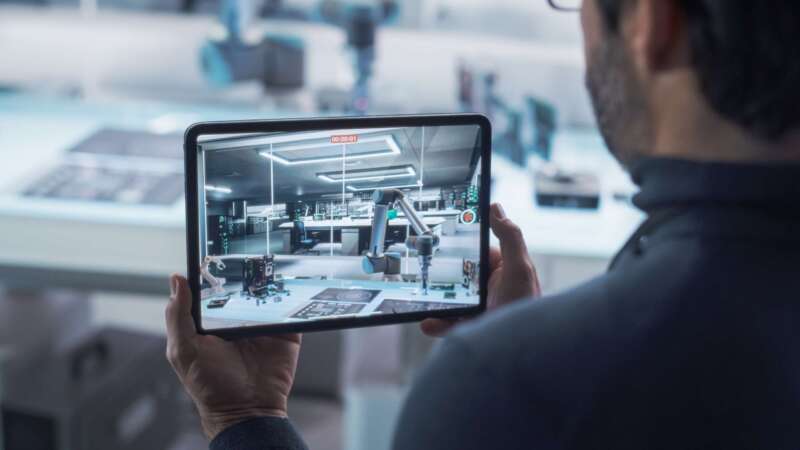
House and Senate members introduced legislation on Dec. 11 that would take the first steps toward creating what the lawmakers called a “national immersive technology strategy” for virtual reality (VR) and augmented reality (AR) technologies.
The United States Leadership in Immersive Technology Act of 2024 – introduced in the House by Reps. Suzan DelBene, D-Wash., and August Pfluger, R-Texas, and in the Senate by Sens. Mark Warner, D-Va., and Marsha Blackburn, R-Tenn. – would create a new advisory panel that would work on producing the strategy for VR and AR tech, which the lawmakers said collectively represent immersive technology (XR).
The Commerce Department would be tasked with creating the new Immersive Technology Advisory Panel, which the bill’s sponsors said would “study the state of XR and the effects of XR on our national security.”
The new panel would advise the White House on “how to utilize XR in commerce, trade, and economic competitiveness,” and would work “in consultation” with the House Energy and Commerce Committee and the Senate Commerce, Science, and Transportation Committee.
The panel would have two years to produce its findings.
Panel members would include officials from the departments of Defense, State, Labor, Education, Health and Human Services, Veterans Affairs, Transportation, and Agriculture, along with the White House Office of Science and Technology Policy. It would also have members from technology companies, academia, think tanks, and civil society.
“Despite being home to some of the world’s largest XR content and hardware producers, the U.S. lags behind other countries in creating a clear roadmap for applying them to commercial and personal use,” the sponsors said. “Already, South Korea, the United Kingdom, the European Union, and China have strategies that allow them to embrace immersive technologies. The U.S. is relinquishing its role on the international stage to guide the creation of XR standards without a strategy.”
“We cannot allow ourselves to be left behind in the burgeoning XR field,” said Rep. DelBene, who is co-chair of the House Virtual, Augmented, and Mixed Reality Caucus. “As our world becomes increasingly technological, it is crucial that we prepare to compete effectively on the global stage while protecting our interests. This legislation will help us catch up to other global leaders and regain our foothold in creating national standards.”
“We need to stay two steps ahead of our adversaries when it comes to applying immersive technology in American industries and stimulating economic growth,” said Sen. Blackburn. “Our United States Leadership in Immersive Technology Act would make certain we can compete with adversaries like the Chinese Communist Party and safeguard national security as virtual reality and augmented reality become more prevalent on the world stage.”
“The global technology landscape is rapidly changing. In order to take full advantage of the possibilities of XR, remain competitive globally, and protect our national interests, it’s crucial that we have industry and government leaders working together on the same page,” added Sen. Warner.
